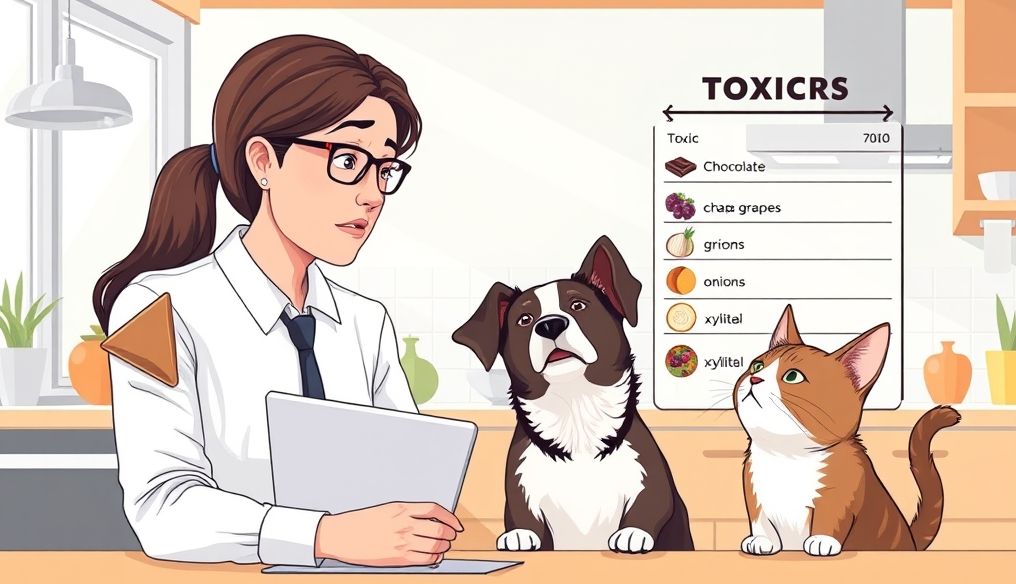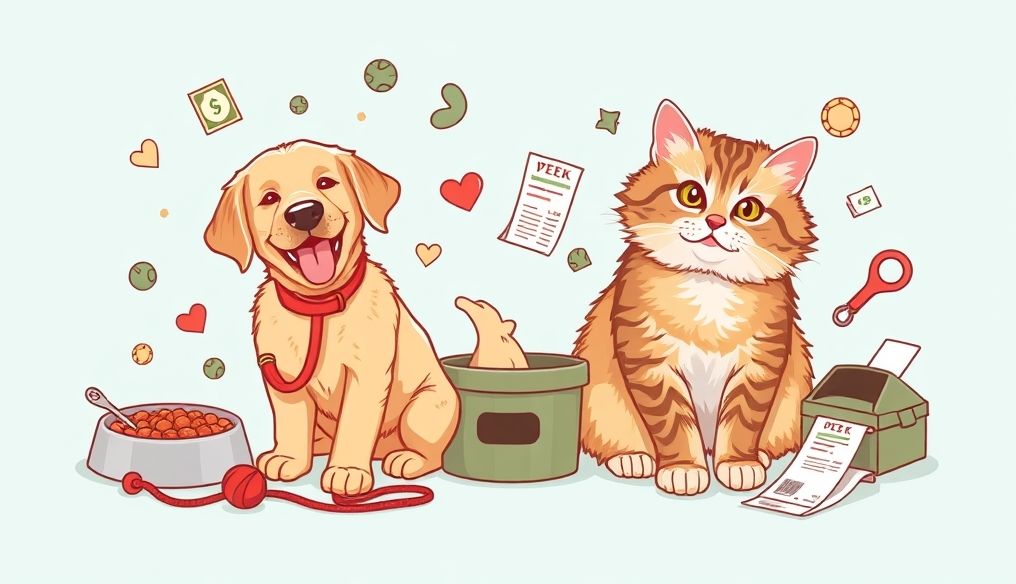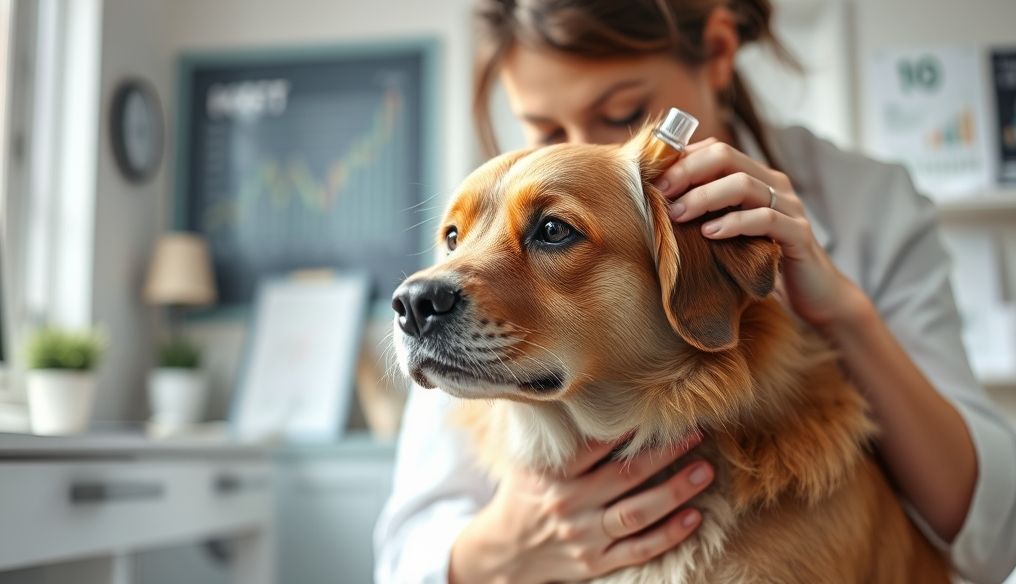Is Adopting a Pet from a Shelter the Best Choice for You and Your Community?
The decision to bring a pet into your life is a significant one, laden with responsibilities. One of the primary questions that arises when making this decision is: should I buy a pet from a breeder or adopt one from a shelter? Both options have their advantages and disadvantages, and understanding these aspects can help you make an informed decision that aligns with your circumstances and values.
Chapter 1: Overview of Adoption and Purchase
Before delving into the details, it's important to understand the difference between adopting a pet and buying one:
- Adoption: This is the process of taking in a homeless or abandoned pet from a shelter or animal welfare organization. Adoption fees are often much lower than the purchase price and cover the costs of vaccinations, spaying/neutering, and initial medical check-ups.
- Purchase: This is acquiring a pet from a private breeder or pet store. This option can be expensive, especially if the animal is a rare or sought-after breed.
Chapter 2: Advantages of Adopting a Pet
There are several reasons why adopting a pet is an attractive option:
Saving a Life
When you adopt a pet, you give it a second chance at life. Many animals in shelters are at risk of euthanasia due to overcrowding. By adopting, you not only save that animal's life but also open up a space for another animal in need.
Saving Money
Adoption fees are usually much lower than the price of buying a pet from a breeder. In addition, adoption fees often include vaccinations and spaying/neutering, saving you even more money in the long run.
Supporting the Community
By adopting a pet, you support local shelters and animal welfare organizations. These organizations rely on donations and adoption fees to provide care for animals in need.
Getting an Adult Pet
Shelters often have a variety of pets, including adult animals. Adopting an adult pet can be beneficial because they are often already house-trained and have an established personality, making the transition easier.
Chapter 3: Disadvantages of Adopting a Pet
Despite the many advantages, there are some potential drawbacks to adopting a pet:
Unknown History
In some cases, you may not have complete information about the pet's history, such as its health background or previous behavior. This may require extra patience and effort to overcome any potential problems.
Potential Behavioral Issues
Some rescued animals may have behavioral problems due to past abuse or neglect. However, with love, patience, and proper training, most of these problems can be overcome.
Inability to Choose a Specific Breed
If you are looking for a specific breed of pet, it may be difficult to find it in a shelter. However, shelters often have a variety of mixed breeds that can be just as wonderful.
Chapter 4: Advantages of Buying a Pet
Buying a pet from a private breeder also has some advantages:
Knowing the Animal's History
When you buy a pet from a breeder, you can get complete information about its health history and genetic background. This can help you make informed decisions about its care.
Choosing a Specific Breed
If you are looking for a specific breed of pet, buying from a breeder ensures that you get what you are looking for.
Getting a Young Pet
If you want to raise a young pet from a young age, buying from a breeder allows you to do so.
Chapter 5: Disadvantages of Buying a Pet
There are also some potential drawbacks to buying a pet:
High Cost
Buying a pet from a breeder is usually very expensive, especially if the animal is a rare or sought-after breed.
Supporting Puppy Mills
Buying a pet from a pet store may support puppy mills, which are unethical facilities that breed animals in poor conditions.
Not Saving a Life
When you buy a pet, you are not saving the life of an animal in need at a shelter.
Chapter 6: Factors to Consider Before Making a Decision
Before deciding to adopt or buy a pet, it is important to consider the following factors:
- Your Lifestyle: Do you have the time and energy to provide the care the pet needs?
- Your Budget: Can you afford the costs of food, medical care, and training?
- Your Family: Does anyone in your family have allergies to pets? Do you have young children?
- Your Expectations: What are you looking for in a pet? Are you looking for a quiet companion or an active animal?
Chapter 7: Tips for a Successful Pet Adoption
If you decide to adopt a pet, here are some tips to ensure a successful experience:
- Visit Local Shelters: Learn about the animals available and talk to the staff about their needs and personalities.
- Choose a Pet That Fits Your Lifestyle: Don't adopt a pet just because you feel sorry for it. Choose a pet you can provide the care it needs.
- Be Patient: It may take some time for your new pet to adjust to its new home. Be patient and give it plenty of love and attention.
- Consider Hiring a Trainer: A trainer can help you overcome any behavioral problems your pet may have.
Chapter 8: Conclusion
Ultimately, the decision to adopt or buy a pet depends on your personal preferences and individual circumstances. However, it is important to remember that adopting a pet is a noble act that can save a life and bring you a lot of happiness. No matter which option you choose, make sure you are prepared to provide the care and love your pet needs.
Disclaimer: This article is for informational purposes only and should not be considered medical or veterinary advice. Always consult your doctor or veterinarian for professional advice.




